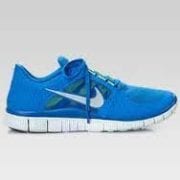Why Shoes Matter: 4 Questions to Ask Yourself
Why Shoes Matter: 4 Questions to Ask Yourself.
“The current state of your feet is a future projection of how well you will be able to move when you get older.” from Simple Steps to Foot Pain Relief by Katy Bowman, MS
When it comes to the health of your whole body, there is little as important as the oft neglected feet. We cram our feet into ill-fitting shoes, wear heels most of the time and then expect our feet to support us for 80, 90 or 100 years. Do yourself a favor and ask these questions when picking out your next pair of shoes.
- Does the sole of your shoe allow for natural movement? 25% of the bones and muscles in your body are in your feet and those bones and muscles need to MOVE. Have you ever seen someone’s arm after they had a cast removed? The muscles in the arm have shrunk and they have little strength. This is what is happening to your feet if you are always wearing shoes that don’t allow for natural movement.
- Is the shoe attached to your foot? Do you need to grip your toes to keep the shoe on? The gripping motion you have to make with your toes to keep a shoe on (think flip flops) is the same motion that leads to hammertoes. Your shoe should be firmly attached to your foot so that it is an extension of you.
- How wide is the toe box? Can you spread your toes? If your toes are repeatedly being squished into a small space the muscles will weaken and bones will be positioned incorrectly. Now imagine your whole body weight, day after day, loaded onto your squished muscles and bones. Foot pain, anyone?
- Does the shoe have a heel? I’m not just talking about a 4 inch heel. I’m talking about any elevation in the heel area of a shoe. Check out your running shoes. Is your heel higher than your toes? Have you ever thought about what happens when you wear a heel all the time? You should look like the Leaning Tower of Pisa but your body compensates by tucking your pelvis and bending your knees. With these compensations you are able to walk, even run, in a heeled shoe. But the long term impact on your knees, hips and pelvic floor are devastating.
So what should you wear? First of all, try walking around barefoot when you are home. Loosen up the muscles and allow your toes to move freely. And if you want to purchase healthier footwear, check out these posts from Katy Bowman: The Winter Shoe List or The Summer Shoe List.




